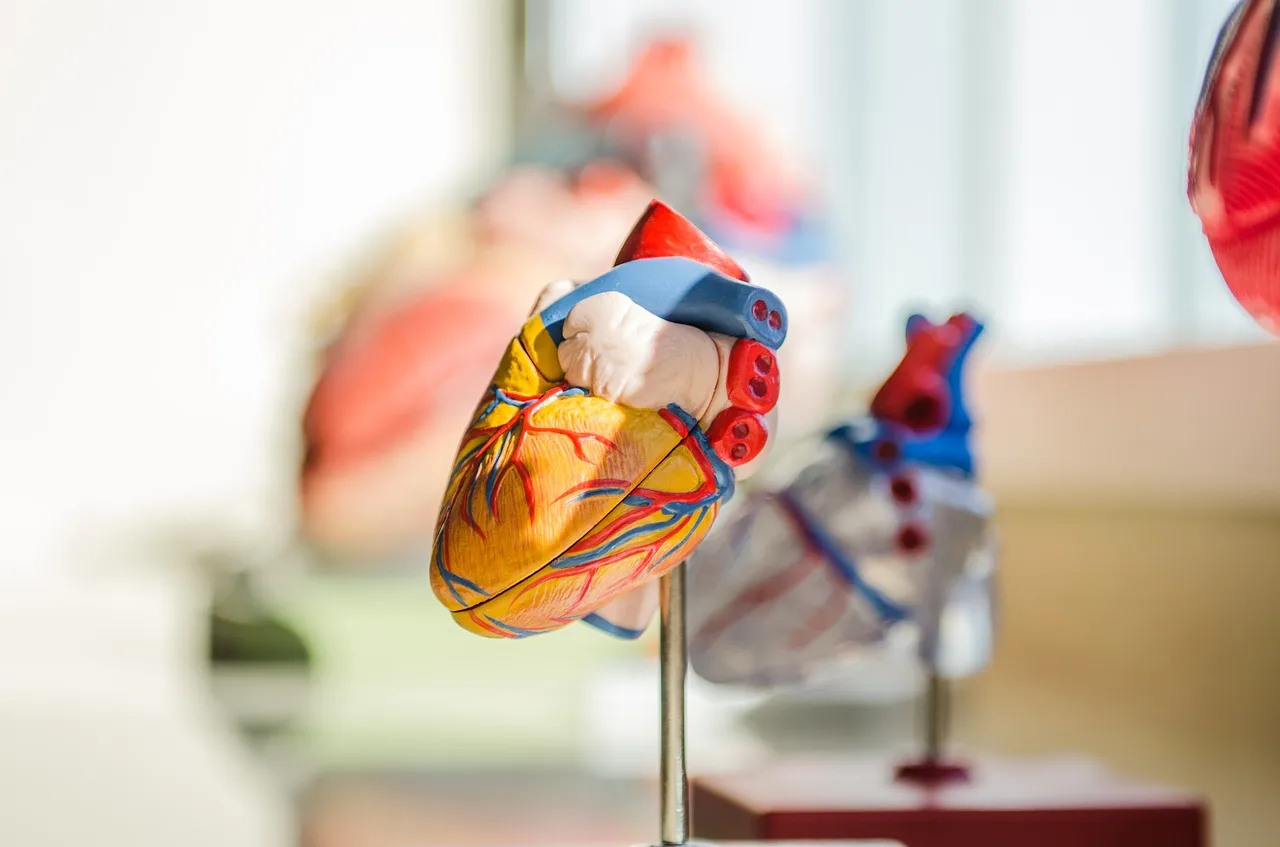The cardiac department in a hospital is responsible for the diagnosis and treatment of heart diseases and conditions. It is typically staffed by a team of highly specialized cardiologists, nurses, and other healthcare professionals.
The cardiac department provides a wide range of services, including:
- Non-invasive cardiac imaging: This includes tests such as echocardiography, stress testing, and nuclear cardiology. These tests can help to diagnose heart disease and assess the function of the heart.
- Interventional cardiology: This includes procedures such as angiograms, stenting, and balloon valvuloplasty. These procedures can be used to diagnose and treat heart disease.
- Cardiac surgery: This includes procedures such as coronary artery bypass grafting (CABG), heart valve surgery, and aorta surgery. These procedures are used to treat heart disease and improve the quality of life of patients.
- Cardiac rehabilitation: This is a program that helps patients to recover from heart disease and improve their cardiovascular health. It typically includes exercise training, education, and counseling.
The cardiac department is a vital part of any hospital. It provides essential services to patients with heart disease and helps them to live longer, healthier lives.
Here are some of the benefits of having a cardiac department in a hospital:
- It provides patients with access to the latest and greatest cardiac care.
- It allows for the coordination of care between cardiologists, other specialists, and primary care physicians.
- It provides patients with the opportunity to participate in clinical trials and research studies.
- It offers a wide range of cardiac services, including non-invasive cardiac imaging, interventional cardiology, cardiac surgery, and cardiac rehabilitation.
If you have heart disease, it is important to find a hospital with a strong cardiac department. This will ensure that you have access to the highest quality care possible.
